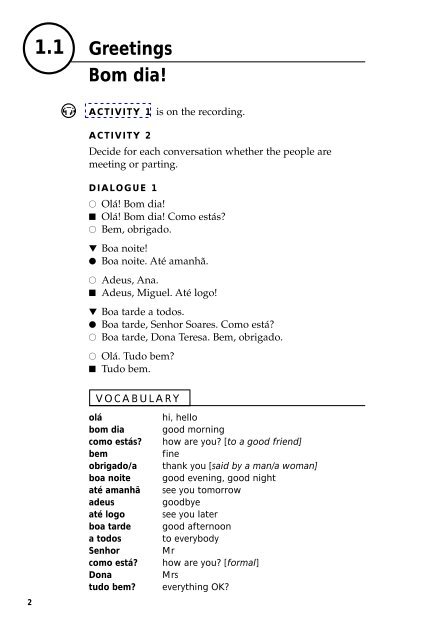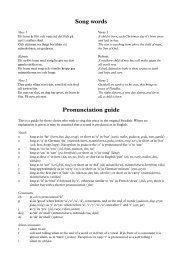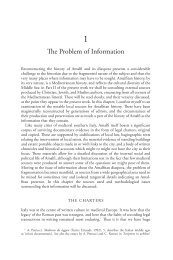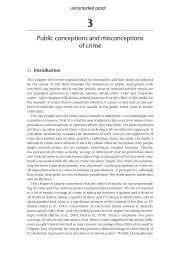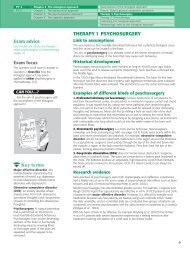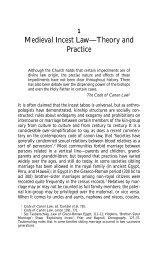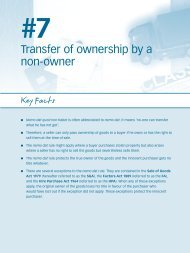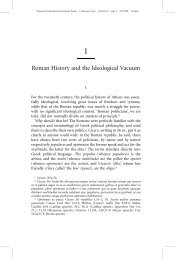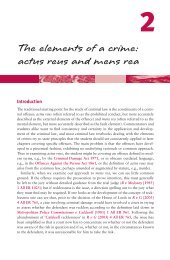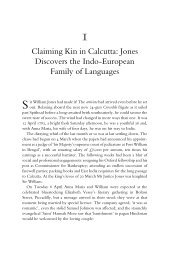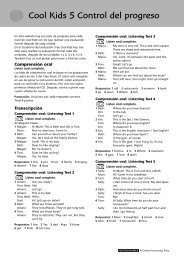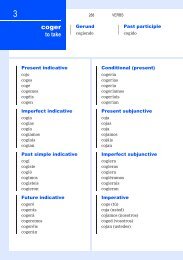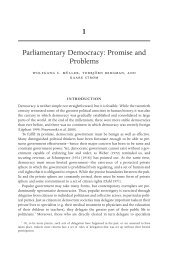Greetings Bom dia!
Greetings Bom dia!
Greetings Bom dia!
You also want an ePaper? Increase the reach of your titles
YUMPU automatically turns print PDFs into web optimized ePapers that Google loves.
2<br />
1.1<br />
<strong>Greetings</strong><br />
<strong>Bom</strong> <strong>dia</strong>!<br />
ACTIVITY 1 is on the recording.<br />
ACTIVITY 2<br />
Decide for each conversation whether the people are<br />
meeting or parting.<br />
DIALOGUE 1<br />
● Olá! <strong>Bom</strong> <strong>dia</strong>!<br />
■ Olá! <strong>Bom</strong> <strong>dia</strong>! Como estás?<br />
● Bem, obrigado.<br />
▼ Boa noite!<br />
● Boa noite. Até amanhã.<br />
● Adeus, Ana.<br />
■ Adeus, Miguel. Até logo!<br />
▼ Boa tarde a todos.<br />
● Boa tarde, Senhor Soares. Como está?<br />
● Boa tarde, Dona Teresa. Bem, obrigado.<br />
● Olá. Tudo bem?<br />
■ Tudo bem.<br />
VOCABULARY<br />
olá hi, hello<br />
bom <strong>dia</strong> good morning<br />
como estás? how are you? [to a good friend]<br />
bem fine<br />
obrigado/a thank you [said by a man/a woman]<br />
boa noite good evening, good night<br />
até amanhã see you tomorrow<br />
adeus goodbye<br />
até logo see you later<br />
boa tarde good afternoon<br />
a todos to everybody<br />
Senhor Mr<br />
como está? how are you? [formal]<br />
Dona Mrs<br />
tudo bem? everything OK?
LANGUAGE BUILDING<br />
Intonation<br />
Intonation is important in Portuguese as it can affect the meaning of<br />
what you say. For example, a phrase like tudo bem can be used both<br />
as a question and as an answer. When it’s a question, the voice goes<br />
up at the end; for a statement it goes down. As you’ll hear on the<br />
recording, it’s quite easy to distinguish them. There will be more<br />
about this in later units.<br />
Tudo bem? Everything OK?<br />
Tudo bem. Everything’s fine.<br />
Forms of address<br />
Titles such as Senhor (to a man), Dona (to a woman), and Menina (to<br />
a young woman) are used differently in Portuguese from the English<br />
equivalents of ‘Sir’, ‘Madam’, and ‘Miss’.<br />
To address a man whose name you know, use Senhor plus his<br />
surname: Senhor Soares; to address an older woman you know Dona<br />
can be used with her christian name: Dona Teresa; to address a<br />
younger woman you use Menina. In formal language, such as a waiter<br />
might use to a customer, you’ll also hear o senhor and a senhora on<br />
their own as terms of address.<br />
ACTIVITY 3<br />
Find the right phrase for each of the following situations.<br />
1 You’re saying good night to a group of Portuguese<br />
friends.<br />
2 You’re greeting your Portuguese neighbour in the<br />
morning.<br />
3 A Portuguese colleague in your office is going home at<br />
the end of the day.<br />
4 You’re arriving at your hotel in the afternoon and are<br />
greeting the man at reception.<br />
a <strong>Bom</strong> <strong>dia</strong>. Como estás?<br />
b Boa tarde.<br />
c Até amanhã.<br />
d Boa noite a todos.<br />
Now do activities 4 and 5 on the recording.<br />
3


